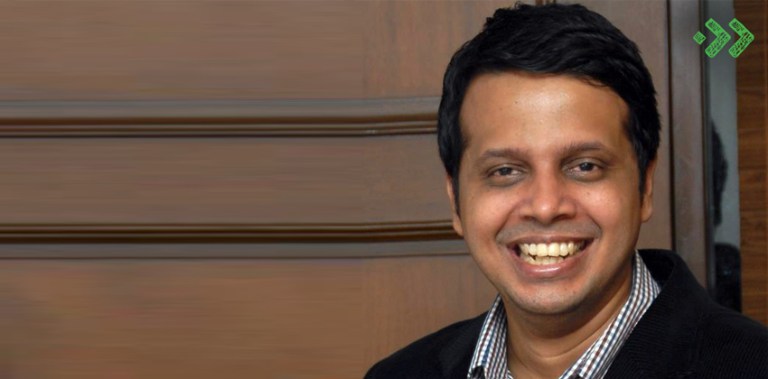Founders
Vivek Ramachandran
Pentester Academy trains security professionals on the art and science of defeating hackers and making the internet safer. It does this by replacing theory classes with practical experiences that are both fun and edifying.
The academy recently launched gamified labs for cybersecurity professionals, which simulate insecure real-world infrastructures and applications to help them learn how malicious attackers compromise systems, which in turn allows them to design better defences.
Pentester Academy also launched CTF.Live on 1 April 2020, a first of its kind massive multiplayer game built around a learning outcome. Within the first two weeks of its launch, CTF.Live had over 4500 “red-team” pros join the game in an attempt to “capture the flag”. In the world of cybersecurity, this refers to the ability of hackers to gain access to the key assets of any infrastructure.
From teaching the basics of hacking, to building complex lab environments and running one of the largest “capture the flag” games for cybersecurity professionals to test their mettle against each other, Pentester Academy has used patent-pending technology to build state-of-the-art lab infrastructures that can be deployed completely automatically off a single browser click. This gives its customers unprecedented ability to run attack simulations against modern, real-world targets in the cloud, to figure out weaknesses which attackers typically exploit.
Since launching its online labs in 2019, Pentester Academy has seen a significant increase in customer adoption globally. They count amongst their customers Fortune 500 companies, universities, governments and federal agencies.
Pentester Academy was founded by world-renowned security researcher and trainer, Vivek Ramachandran. Vivek has worked in cybersecurity for over 15 years and spent most of his early career as a “code breaker”. Among other breaches, he discovered the Caffe Latte attack in 2007, the world’s first Wi-Fi client-only WEP cracking technique and has presented his research in conferences like BlackHat and Defcon. He has also authored multiple books and published research papers on cybersecurity.
